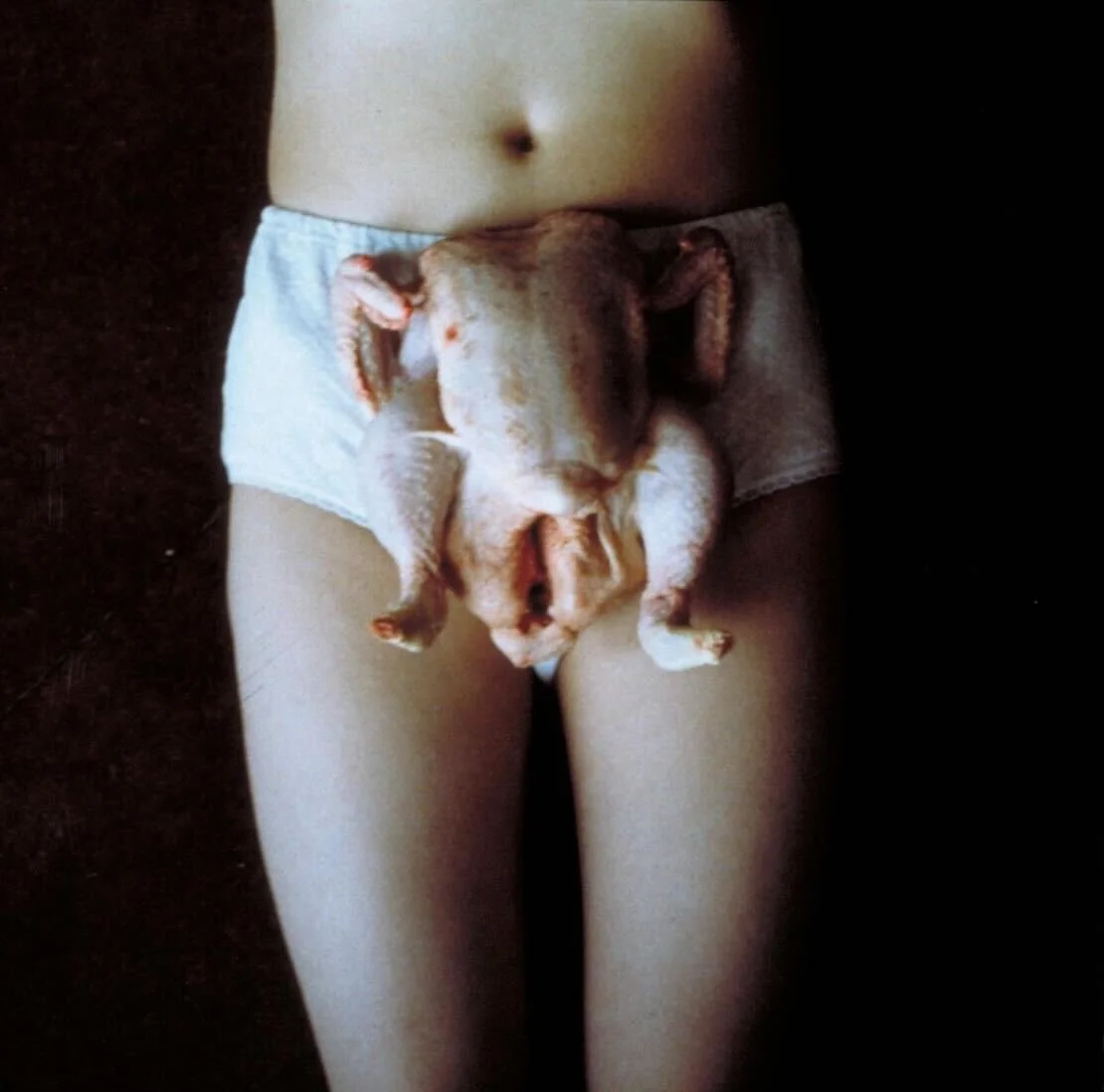‘Coming Out’
By: Tanisha Singh
As I embark upon this journey as a fellow, on day 1 of documenting my experiences and thoughts around my disease, I am visited by a series of thoughts about the one who has been diagnosed by this disease. A disease that is labeled chronic, incurable, and is systemic in how it alters and affects the physical, psychological, social aspects of one’s life. So, a disease with all its complexities. And so as I begin to write and speak, for some reason, I am reminded of all those who are not able to write or speak about it. To word the pain or to even contemplate it. I imagine, as well as know from my own experience of it, that to be able to even wrap your head around something so confounding, with very little known about it, whose origins or ends are not known fully, can be a challenge that never resolves. I wonder, even as I find myself at the threshold of wording my experience of it, if I or anyone, can ever fully come to terms with it, let alone speak to the world about it.
It’s disorienting to find oneself, one morning, with a massive uncertainty of a diagnosis as obscure as this one, that I wouldn’t be surprised if one is never able to accept it. The unknowability of what caused it, what will cure it, what way it will progress, immediately scratches the existential fear of uncertainty woven in all of human nature to manage whose effects we, as a collective, have create many moats: God, philosophy, religion or money, and even those haven’t been tall enough to barricade the terrors of not knowing. We find ourselves crippled with anxiety around our existence even in its most perfect forms, let alone one with an affliction such as this.
And so I wonder about those others, and those others parts in me too, that find it hard to come to terms with my reality as a patient of IBD, a very mysterious confounding illness sentenced for life. Any sentencing is a silencing of great magnitude, a finality that leaves little space for much to be said. And so one quiets down, puzzled by its uncertainty or ashamed by its rarity. There are great forces at play, that prevent one to fully integrate such a sentence into their lives and to still see a future.
And so I would imagine, how difficult it must be to own it. To speak about it, to tell the world, that you are a patient of a chronic, incurable, disease called Inflammatory Bowel Disease, affecting a very disavowed part of the body. Hidden, obscured, ‘abject’ (Kristeva, 1982) even in all its health, the bowels exist in the margins of the anatomical narrative of the human body. The self shies from it, even in all its health, how does one then come to speak of it in its dysfunction?
It makes me empathize with the difficulty of such a task, that each person with IBD faces everyday. To first accept it in all its unknowability, and then to integrate it as part of one’s reality, one’s self, because that body is not what we have, but what we must live everyday. In the words of Elizabeth Grosz (1996),
“We do not have a body in the same way that we have other objects. Being a body is something that we must come to accommodate physically or something that we must live” (Grosz E., 1996, p. 13).
There is a process of accommodating this reality, this diagnosis, that can, I believe, take its own time. Even a lifetime may not be enough. And I want to acknowledge, not only those who have chosen to speak about it, to tell others of this patienthood, but also those, who don’t speak about it, to themselves or to the world. Each is a valid response to this mammoth uncertainty that gnaws at our deepest insecurities as human beings: the fear of uncertainty, whose cure hasn’t been found even in a concept as mystiquely large as ‘god’ itself. I acknowledge the fear around accommodating an identity of chronic patienthood, and want to think of it as a very personal experience of ‘coming out,’ that each individual has the right to choose or not to choose.
Whatever your choice, may you not be silenced by the pain of coming to terms with the reality first of all, and then the burden of integrating it as your social identity in a stigmatized world, because part of what pain achieves is through its silencing, but rather have it be a guiltless personal choice of coming out or not.
‘Abject’
The definition of abjection is "the state of being cast off." Julia Kristeva devised the intricate psychological, philosophical, and linguistic idea of the "abject" in her 1980 book Powers of Horror. She was influenced in part by the older views of Georges Bataille, a dissident surrealist and writer from France. Refuse and corpses, according to Kristeva, "show me what I permanently thrust aside in order to live." In reality, the term "absject" refers to all biological processes or physical characteristics that are viewed as impure or improper for discussion or show in public.
References
Grosz, E. (1994). Volatil.ward a Corporeal Feminism (Theories of Representation and Difference) (First Edition). Indiana University Press.
Kristeva, Julia. Powers of Horror: An Essay on Abjection. Trans. Leon S. Roudiez. New York: Columbia UP, 1982.
Featured photo by Miguel Á. Padriñán from Pexels.


